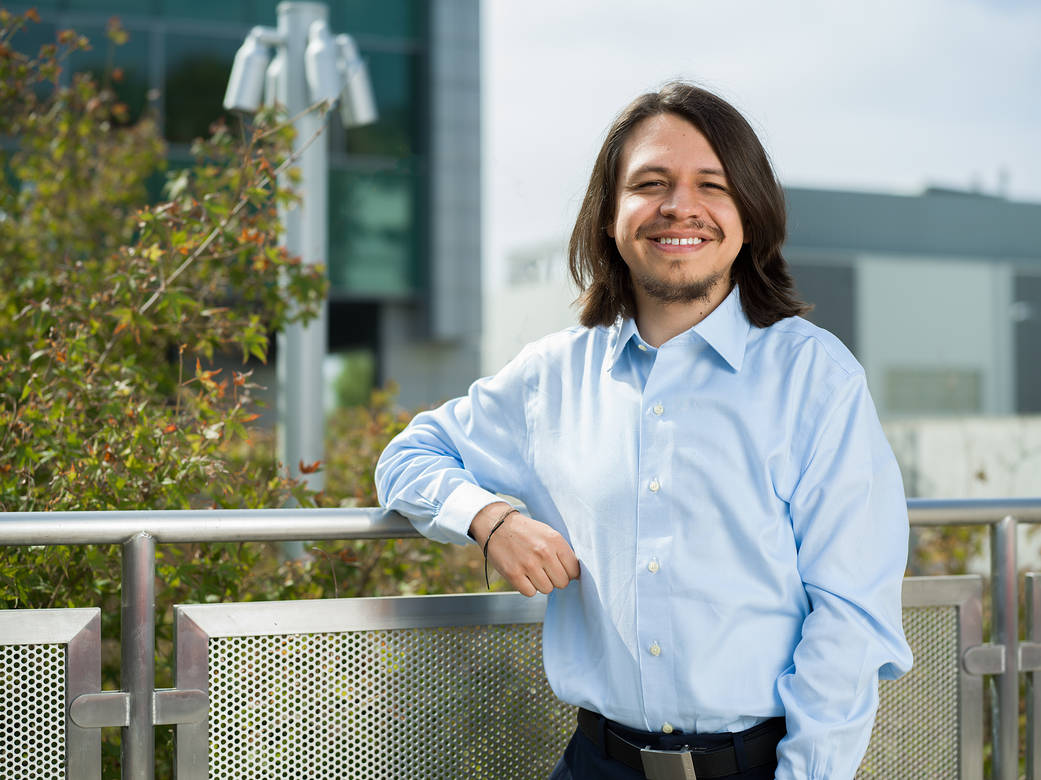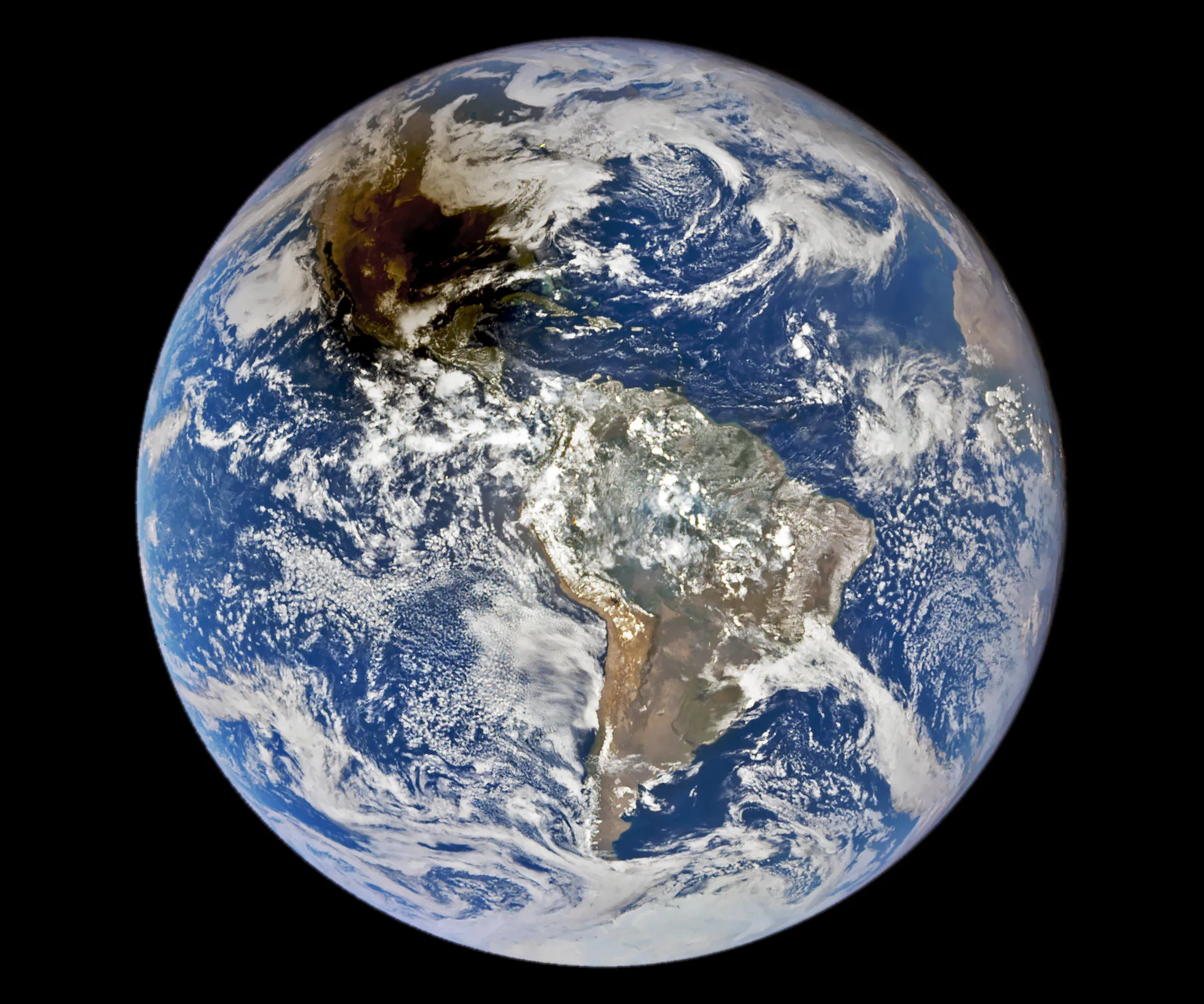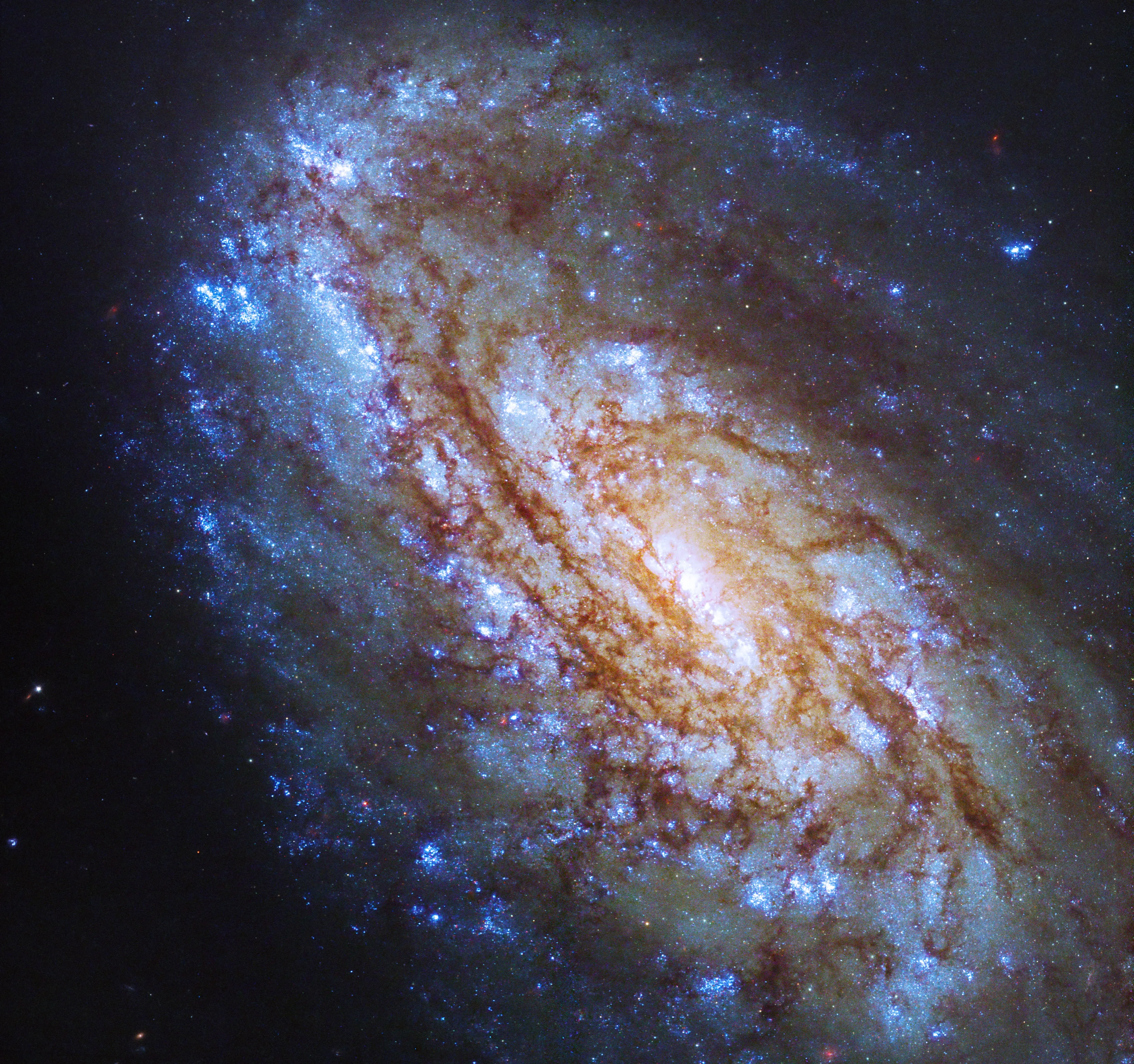“As first-generation immigrants we have to figure things out on our own a lot of times. My parents were going through the same transition [to America] that I was going through [in high school]. We didn’t have a lot of direction. In order for me to get to the path that I’m on today, I had to figure a lot of things out on my own. Because I had to do it to survive, I think that that built into me some sense of independence and not being afraid of asking for help. I feel like those are some of my best skills, and they’ve been really useful for me in my career [as a NASA systems engineer].
“All throughout college, I worked as an English and math tutor for kids who were in a similar position as me: they’re in middle school or high school, they don’t know a lot of English, and they don’t know how to navigate the system. Normally, most tutors are trying to help with homework, but when you’ve experienced what I experienced and you see similar things happening to them, your role as a tutor becomes a little bit more.
“A lot of people in similar positions as myself, we struggle a lot with confidence and imposter syndrome. But having enough confidence to say, ‘I can do this. I’m ready, and even if I am not ready, I can be ready’ [is important]. I try to help people see that there’s an opportunity, and that if you work hard and are willing to evoke whatever it takes to get there, you can get it.
“It’s been a lot of delayed gratification because seven years ago I started as an intern, we launch [Europa Clipper] in 2024, and then it will be five years until we arrive at the Jupiter system. But I like that stuff. It’s a lot of work, but whatever we get out of [this mission] has the potential to change our understanding of who we are, and that’s really motivating for me.”
“It makes me feel like I am working towards a greater goal, and there’s no substitute to that. I could easily go work with another company, but I don’t think I would be able to find this extremely important, humanity scale-type of investigation anywhere else.”
– Andres Rivera, Systems Engineer II, Europa Clipper Mission, NASA’s Jet Propulsion Laboratory
Image Credit: NASA / Ryan Lannom
Interviewer: NASA / Tahira Allen
Check out some of our other Faces of NASA.
“作为第一代移民,很多时候我们必须自己解决问题。我的父母正在经历(到美国)的转变,就像我(在高中)所经历的一样。我们没有太多的方向。为了让我走上今天的道路,我必须自己解决很多问题。因为为了生存我不得不这么做,我认为这让我建立了某种独立的意识,并且不害怕寻求帮助。我觉得这些是我最好的技能,在我的职业生涯中(作为一名NASA系统工程师),它们对我非常有用。
“整个大学期间,我都在给和我处境相似的孩子做英语和数学家教:他们在读初中或高中,他们不太懂英语,也不知道如何驾驭这个系统。通常情况下,大多数导师都是在辅导家庭作业,但如果你经历了我的经历,你会看到类似的事情发生在他们身上,你作为家庭教师的角色就会变得更重要。
“许多和我处境相似的人,都在为自信和冒名顶替综合症而挣扎。但我有足够的自信说,‘我能做到。我已经准备好了,即使我还没有准备好,我也能做好准备’(这很重要)。我试着帮助人们看到有机会,如果你努力工作并愿意付出任何代价去实现它,那么你就能得到它。
“这是一个延迟满足的过程,因为七年前我开始实习,我们将于2024年发射(欧罗巴快船),然后再过5年我们才能到达木星系统。但我喜欢这件事。这是一项艰巨的工作,但无论我们从(这项任务)中得到什么,都有可能改变我们对自己的理解,这真的激励了我。”
“这让我觉得我正在朝着一个更大的目标努力,这是无可替代的。我可以很容易地去其他公司工作,但我认为我不可能在其他地方找到这种极其重要的、人性化调查类型。”
——NASA喷气推进实验室欧罗巴快船任务二级系统工程师安德烈斯·里维拉
图片来源:NASA/Ryan Lannom
采访者:NASA/Tahira Allen



